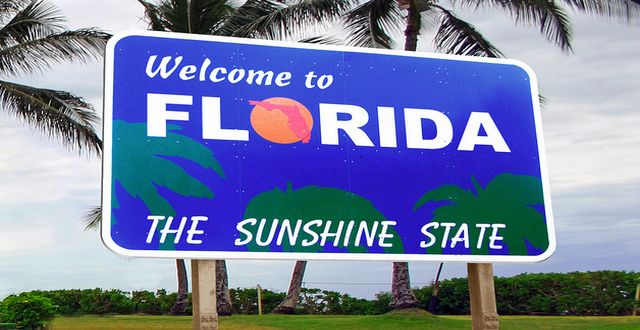The economy in Florida is facing many new challenges that it hasn’t seen in quite some time. During these harsh and challenging times, it is no wonder that so many people are highly grateful for the American Recovery and Reinvestment Act, which began in the year 2009. Throughout the course of only three budget years,Florida’s economy will be receiving a total of over twenty eight billion dollars in federal stimulus dollars. These extra dollars will not only help to avoid deep cuts in the state; they will also prevent the state from having to increase taxes, which would in turn further burden the families and businesses of Florida.
The federal recovery package will provide a number of different bonuses to the state, including assistance in education, transportation, compensation for those who are unemployed, renewable energy, and so much more that will be beneficial to the state. The administration founded in Florida wants to work with all of the cities and counties founded throughout Florida, as well as with the Florida Legislature, in finding ways to utilize this extra money as quickly and efficiently as humanly possible.
The number one priority, however, is to make sure a good portion of this money goes toward projects that will boost the economy and promote jobs for citizens of the Sunshine State.
The Florida administration is working extremely hard in advising the Legislature to take quick action to ensure the dollars are received by Florida quickly, so they may begin boosting the economy back up to normal speed. They are aware that the people of Floridaare getting scared and nervous to get their jobs and money back after doing there everyday math, knowing that if it does not happen soon then there may not be housing or even food for these wonderful people.
That being said, the administration is doing everything they can in the way of ensuring that the economy is back on track, and soon. They realize how important it is to have a well running economy so that their citizens can live a happy, secure, and comfortable life. As a citizen of Florida, you can look forward to seeing some economical changes quite frequently, which means more jobs and a better ran system for all.











 released these employment figures. Job cuts and property tax collection shrinkage, as well as the decline of home values, has affected the economy in a drastic way, dragging down the recovery and causing shrinkage in capital projects. Federal stimulus money was infused into the economy statewide to the sum of about two and a half billion, yet the decline was not slowed much, and these funds have dried up.
released these employment figures. Job cuts and property tax collection shrinkage, as well as the decline of home values, has affected the economy in a drastic way, dragging down the recovery and causing shrinkage in capital projects. Federal stimulus money was infused into the economy statewide to the sum of about two and a half billion, yet the decline was not slowed much, and these funds have dried up.